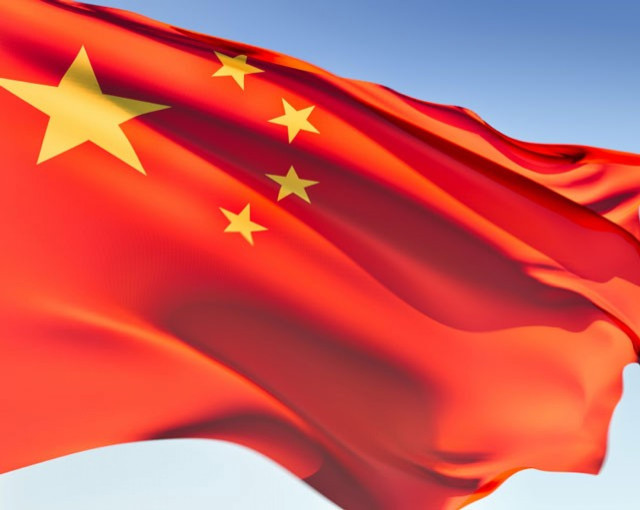China State Media Urge Crackdown on Microblog 'Rumors'

China's state-run news agency demanded on Tuesday that Internet companies, regulators and police do more to cleanse Web sites of toxic rumors, adding to signs that the Communist Party wants to tame the explosion of freewheeling microblogs.
The Xinhua news agency's denunciation of Internet rumor mongering comes after a senior party official, Beijing Party Secretary Liu Qi, last week urged Sina Corp and other Chinese companies do more to staunch harmful hearsay among the 200 million or more Chinese who use Twitter-like microblogs that spread messages with lightning rapidity.
China's Internet, with more registered users than any other nation, is a lively forum for public opinion, said Xinhua.
However, the rapid advance of this flood has also brought 'mud and sand' -- the spread of rumors -- and to nurture a healthy Internet, we must thoroughly eradicate the soil in which rumors grow, said a commentary from Xinhua.
Concocting rumors is itself a social malady, and the spread of rumors across the Internet presents a massive social threat, it said, citing the capacity of blogs and microblogs to spark the explosive proliferation of falsehoods.
A Xinhua comment does not amount to a policy directive, but this one and other recent signals suggest tighter censorship, whether formal or informal, is on policy-makers' minds.
The feverish growth and growing influence of microblogs appears to have unsettled officials, who have complained that such sites can spread baseless rumors unchecked, sowing panic and distrust of government.
The number of Chinese using microblog sites reached 195 million by the end of June, an increase of 209 percent from the end of 2010, according to the China Internet Network Information Center. But Sina this month reported that its microblogging Weibo site, which dominates the scene, itself had grown to 200 million registered accounts.
These microblogs allow people to shoot out short bursts of opinion, presenting a quandary for censors. They fear an uproar if they shut the popular sites, but have struggled to keep ahead of the rapid-fire messages that can spread news and opinion the government would like to contain.
China's state-run television news recently denounced the spread of unfounded rumors on microblogs, called Weibo in Chinese, and demanded more be done to staunch accusations of official corruption and misdeeds that officials have said can spread withit any supporting evidence.
Fundamentally eradicating the soil in which rumors sprout and spread will demand stronger Internet administration from the responsible agencies, raising the intensity of attacks on rumors, said the Chinese-language Xinhua commentary.
UPROAR
China's microbloggers showed their potency in a string of recent official scandals, particularly the online uproar in the wake of a high-speed bullet train crash in July that killed 40 people. Microbloggers led the charge in challenging rail officials' evasive accounts of the disaster.
Last week, Sina sent out messages that two microblog users had their accounts frozen for a month for spreading false rumors: one saying the Red Cross Society of China profiteered from donated blood; another that the killer of a young woman escaped punishment because of family political connections.
Then Liu weighed in. During a visit to Sina.com's offices in Beijing, Liu both praised and chided the company's Weibo site.
The key to healthy development of microblogging services is ensuring the accuracy of information, Liu said, according to a report in the Beijing Daily.
Internet sites must actively explore strengthening administration and resolutely blocking the spread of false and harmful information, he said.
In another opinion piece published Monday, the Global Times, a popular tabloid run by the People's Daily newspaper, criticized microblogs for lacking a rational atmosphere and called for smarter governance.
For critics, such words augur stricter censorship of the Internet, especially news and comment unwelcome to wary party officials, irrespective of whether it is true or false. China already heavily filters the Internet, and blocks popular foreign sites such as Facebook, YouTube and Twitter.
The Xinhua commentary said police should mete out more punishment to people found culpable of spreading falsehoods.
Legal regulations must be followed, with the public security agencies leading the way in investigating and punishing those social threats who use the Internet to spark incidents by concocting rumors, it said.
(Reporting by Chris Buckley; Editing by Ken Wills and Sanjeev Miglani)
© Copyright Thomson Reuters 2024. All rights reserved.





















